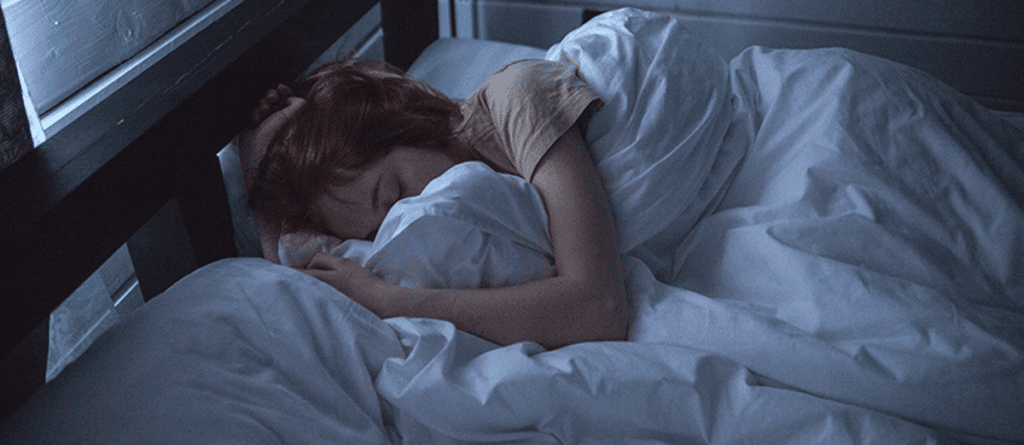
Barbiturate addiction can befall nearly anyone who uses the drugs. Youth experimenting with drugs, professionals hoping to relieve stress and insomniacs who use them as a sleep aid are all susceptible to addiction.
Those who use barbiturates can build up a tolerance for the drug over time even when used as directed. This requires higher dosages of the drug to achieve the same effects. Physicians will usually increase the dose accordingly. As the body adapts to the higher dosages, the person may develop a physical dependency. The danger arising from barbiturate use stems from the narrow divide between therapeutic use and toxicity. The difference between the amount of the drug that produces sedative effects and the amount that can result in death is small. The probability of barbiturate overdose increases significantly when they are used in combination with alcohol, opiates, hydrocodone, or oxycodone.
Although no specific cause of barbiturate addiction has been identified, a number of factors have been found to increase the probability of addiction. Genetic factors such as a family member who engages in substance abuse increases the risk that an individual will develop an addiction. Some people are born with insufficient amounts of the neurotransmitter dopamine that is responsible for pleasurable experiences. This may lead to substance abuse to correct the deficiency. Those who have psychological problems are also at greater risk.
Barbiturates Withdrawal Symptoms
Those who are addicted to barbiturates will typically begin to experience withdrawal symptoms within 8 to 16 hours of terminating drug use. Barbiturate withdrawal can last up to 15 days and is often extremely severe. Medical attention is essential for those who are experiencing barbiturates withdrawal. It requires careful supervision by trained medical professionals. Barbiturates withdrawal symptoms may include:
Tremors and shakiness
Insomnia
Agitation
Hallucinations
Violent behavior
Extremely high body temperature
Seizures
Respiratory depression
Respiratory arrest
Coma
Death
Treatment for Barbiturate Withdrawals
Treatment for barbiturate withdrawals should take place in a residential facility. The dosage of the drug is gradually decreased until the patient can terminate use. It is critical that patients are monitored closely during withdrawal from barbiturates. Sudden cessation of drug use may result in death.
The first step in recovering from barbiturate addiction is detox. Afterwards, many patients still struggle with psychological dependence on the drug. Following detox, patients undergo counseling and education to learn positive behaviors to support a drug free lifestyle. Treatment programs also address the underlying causes of the addiction such as depression, anxiety or low self-esteem.
Patients in barbiturate withdrawal treatment programs receive support from medical professionals, counselors and other patients. They are taught skills necessary to avoid relapse and retain sobriety. Many programs employ a 12 step program to assist users in remaining drug free.
Northbound Treatment Services has more than 25 years experience in helping those with prescription drug addictions regain control of their lives. They understand that no two individuals are the same and offer customized treatment plans to meet each patient’s needs. Northbound treats drug addictions as well as underlying causes such as co-occurring mental illnesses simultaneously. A variety of therapies and classes provide patients with coping and daily living skills to help them return to being productive members of society.




